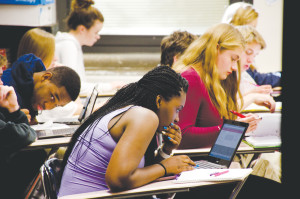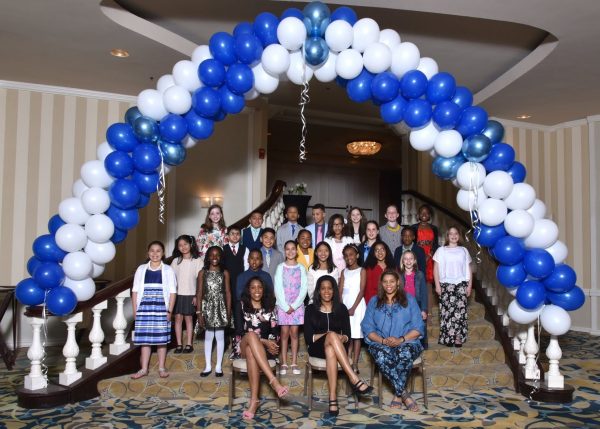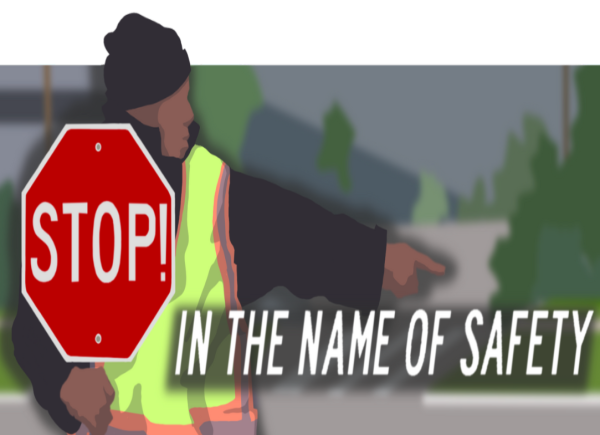We’re working to close the racial gap

At a diverse school it’s easy to see the gap in racial success, but here at ETHS students and faculty have been working hard to achieve academic equality by forming clubs, earned honors and social awareness.
“Race, although it is socially constructed, makes everyone’s experience different,” says Taya Kinzie, associate principal. “We can’t pretend we’re color blind because we aren’t.”
The different clubs and programs at ETHS help minorities succeed in school. Programs like Students Organized Against Racism (SOAR), The Black Student Union, The Writing and Math Center in the Hub, More Students Achieving Now (MSAN) and Wildkit Academy are all designed to help students reach maximum achievement. “I’ve joined these groups because I want to help get rid of the stigmas that some students face,” says Mackkeitha Mason, senior.
All of these advantages at ETHS have helped to close the racial gap. ETHS’ average ACT score for blacks in 2014 was 17.9, and for Hispanics it was 19.5, while the national average for blacks was 17 and the national average for Hispanic was 18.8.
According to PBS NewsHour, there has been a 30 percent increase in Advanced Placement (AP) enrollments at ETHS in the past four years. Black students taking AP courses increased by 35 percent, and Latino student enrollment increased by 78 percent.
Team Access and Success in Advanced Placement (Team ASAP) is a support group for students who are already in AP classes or who are trying to get into AP classes. Team ASAP was developed by students in 2011 to help students succeed, directed mostly at Black and Latino students, in AP courses. They meet every other week during lunch periods and discuss any problems that have shown up in their classes. “Team ASAP makes conversations about complex subjects like race normal,” says Vanessa Senecal, senior. “Equality is starting to become a real possibility at ETHS because of the students that go here.”
“Your narrative as a student is really critical and your voice and your experience will guide us towards better decisions, betters policies, and better programs,” says Kinzie.
Your donation will support the student journalists of the Evanstonian. We are planning a big trip to the Journalism Educators Association conference in Philadelphia in November 2023, and any support will go towards making that trip a reality. Contributions will appear as a charge from SNOSite. Donations are NOT tax-deductible.










